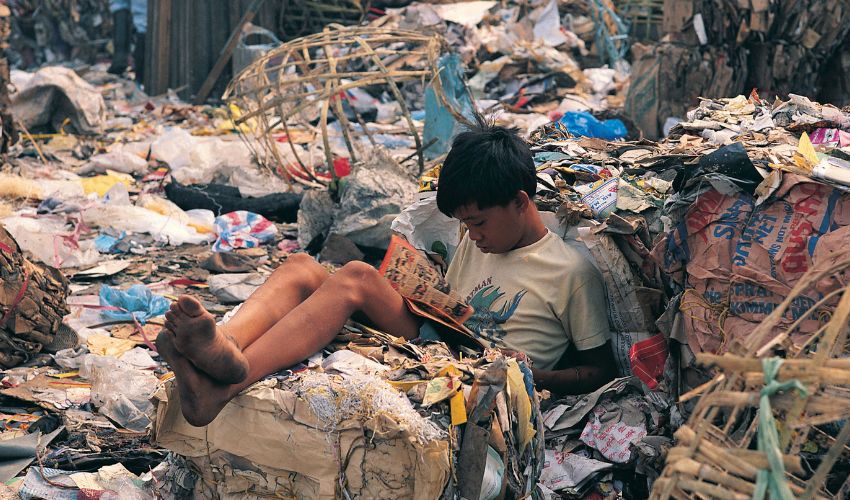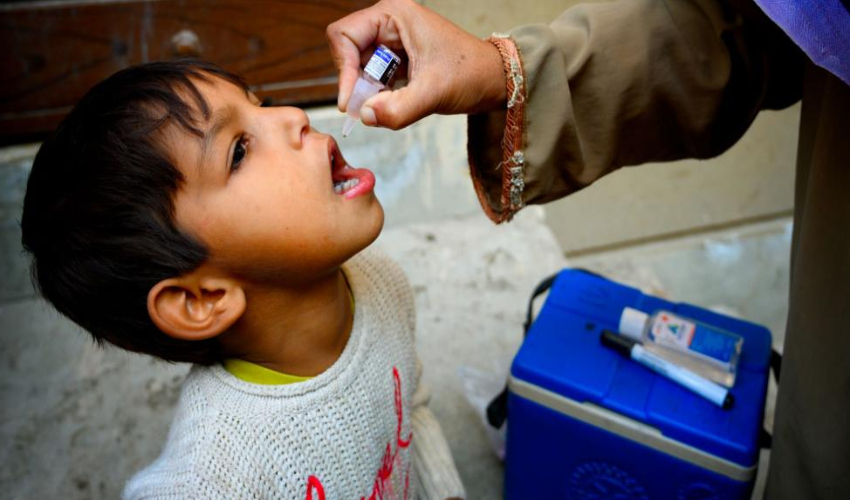In a world marked by unprecedented challenges, the fight against child poverty has faced a severe setback, as revealed by a recent report jointly published by the United Nations Children's Fund (UNICEF) and the World Bank.
The COVID-19 pandemic, in particular, has cast a long shadow over this battle, leaving an alarming 333 million children still mired in extreme poverty. This disheartening statistic not only undermines the progress made so far but also threatens the ambitious UN goal to eradicate extreme child poverty by 2030.
The report underscores the reality that, despite the world's advances in various spheres, approximately one in six children continues to eke out a living on less than $2.15 per day.
These children find themselves trapped in a relentless cycle of destitution, devoid not only of basic necessities but also of dignity, opportunity, and hope.
UNICEF Executive Director Catherine Russell, in a statement, said "Compounding crises, from the impacts of COVID-19, conflict, climate change, and economic shocks, have stalled progress and left millions of children in extreme poverty".
World Bank Global Director for Poverty and Equity, Luis-Felipe Lopez-Calva, underscores the urgency of the situation, declaring, "A world where 333 million children live in extreme poverty -- deprived not only of basic needs but also dignity, opportunity, or hope -- is simply intolerable." Indeed, this grim reality serves as a painful reminder of the collective responsibility that we all share in addressing this global crisis.
The report's findings also highlight regional disparities in the prevalence of child poverty, with sub-Saharan Africa emerging as the epicenter of this issue.
Shockingly, 40 percent of children in this region still endure extreme poverty, the highest percentage in the world.
A confluence of factors, including rapid population growth, the devastating impacts of COVID-19, and climate-related disasters, has exacerbated the crisis in sub-Saharan Africa, even as other regions have seen a steady decline in child poverty.
In response to these alarming findings, the World Bank and UNICEF issue a resounding call to action, urging countries to prioritize tackling child poverty and implement a range of measures. Among these measures is the expansion of universal child benefit programs, which have proven effective in providing crucial support to vulnerable families.
UNICEF's Catherine Russell reiterates the urgency of this mission, asserting, "We cannot fail these children now. Ending child poverty is a policy choice."



























